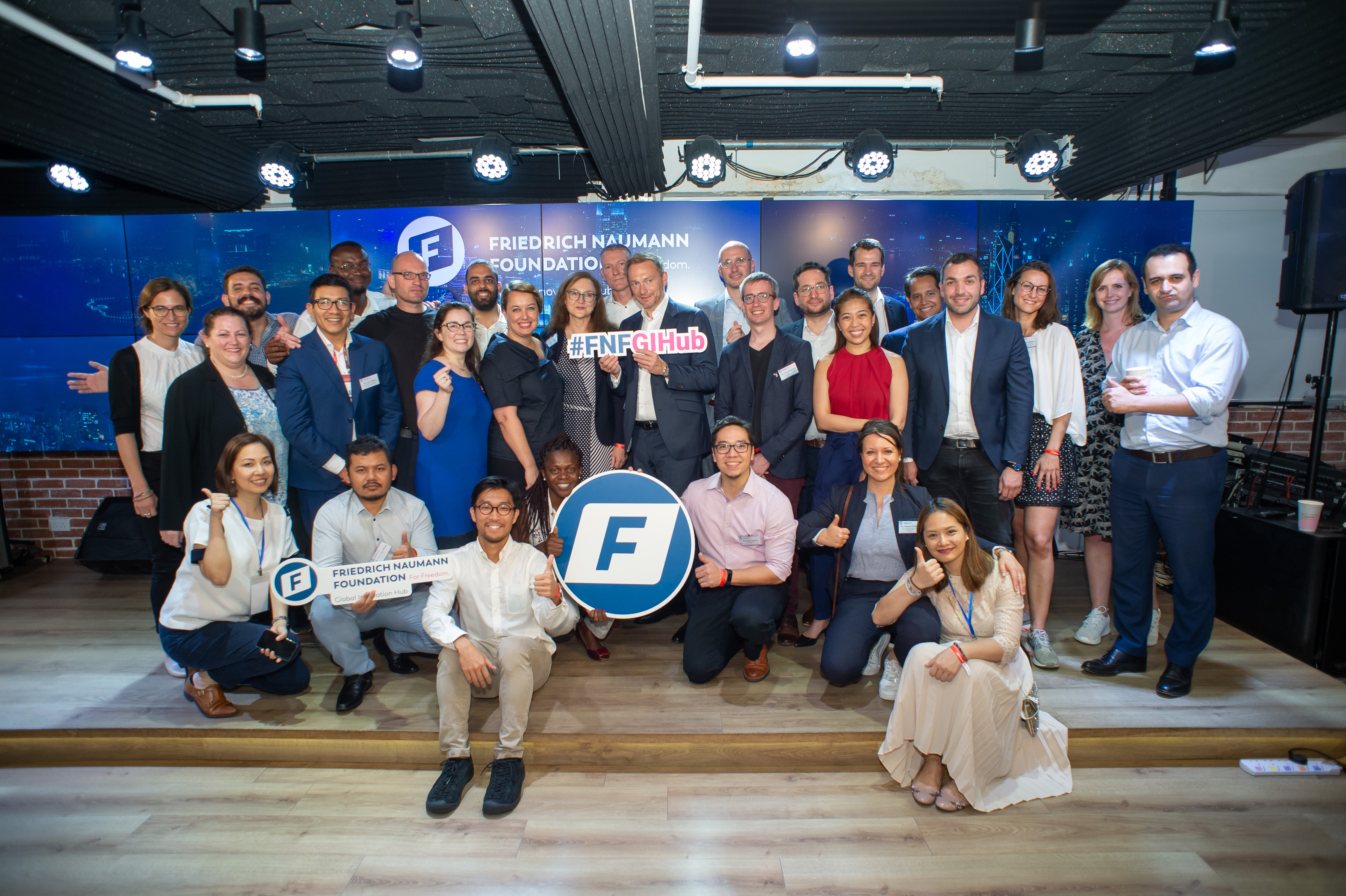#UnitedNationsOfInnovation
Disrupt yourselves
Innovation is today’s buzzword. As technology transforms products, processes, and ways of life, people need to instantaneously adapt to the new environment.
But while the use of technology can be synonymous to innovation, innovation is not restricted to digitalization. Innovation is about impact – introducing new ideas to respond to challenges.
New thinking. Change. Disruption.
“If we don’t question the way we work, and disrupt ourselves, someone else will,” said Leticia Jáuregui, chief executive officer of Máquina, an insurtech & pensions solutions startup company in Mexico. Jáuregui’s work has helped benefit the lives of 65,000 people especially women, empowering them through financial literacy programs.
Marx Moyo, Managing Director at First Source Technology in Zimbabwe regards innovation as a tool to ensure “that societies will continue to evolve in a much more sustainable way.” “The transformation of our lives begins with changing our mindsets,” stressed Moyo.
Jáuregui and Moyo were among the “Digital Change-makers” that participated in a workshop in Hong Kong on July 3-10, 2019. A group of global innovators from five continents: Asia, Europe, North America, South America, and Africa, looked at ways to promote an innovation culture in the workplace, and as a state of mind.
The Innovation Hub
The workshop was organized by the Friedrich Naumann Foundation for Freedom (FNF) Global Innovation Hub and FNF’s International Academy for Leadership (IAF). The activity became a venue for technology mavens, big data analysts, startup experts, and civic leaders to share experiences, and find solutions to issues like trend scouting, network building and embracing organizational change.
“Innovation applies to solving everyday challenges, too,” commented Frank Hoffman of FNF South Asia. “If we want to be thought leaders, we should be the ones presenting future trends and setting the agenda, instead of simply riding on existing trends,” added Dirk Kunze of FNF Middle East & North Africa.

